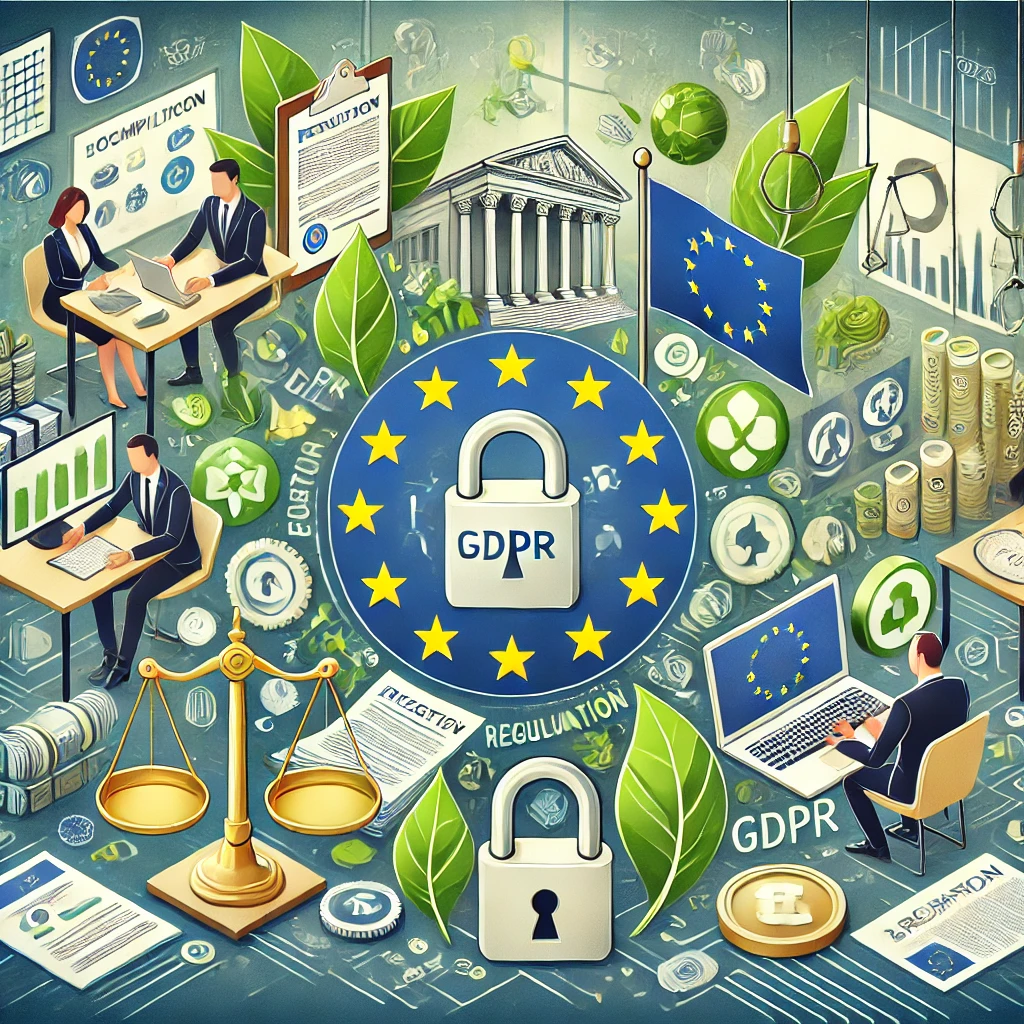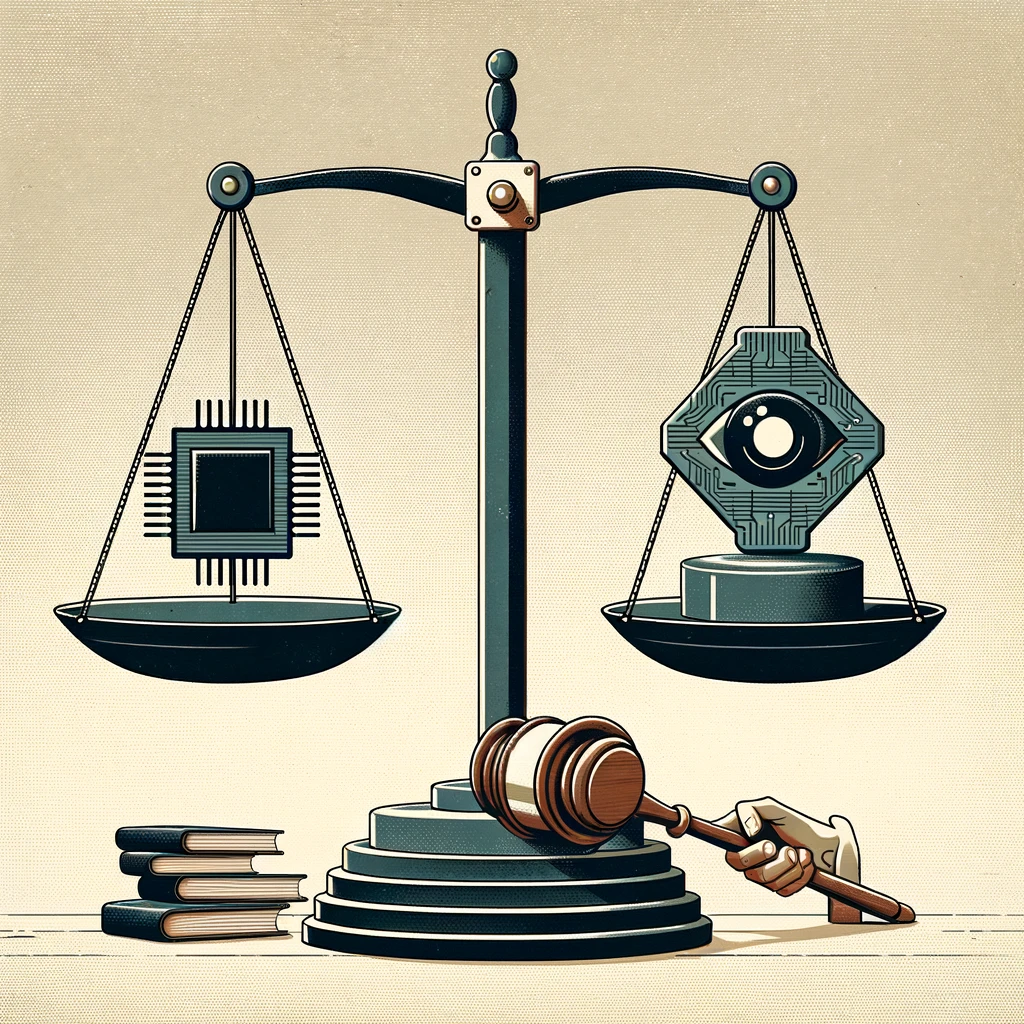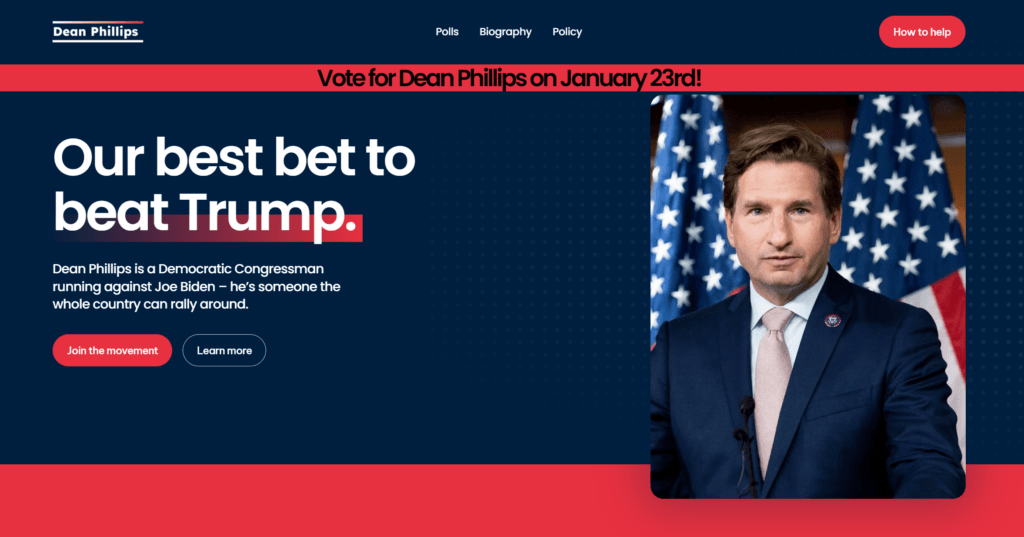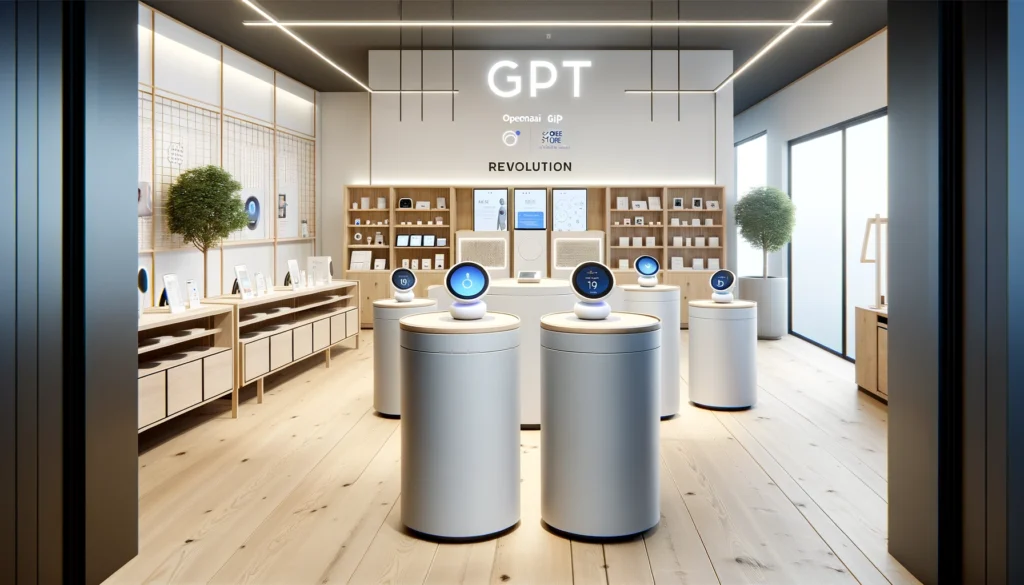Tech Giants Urge EU for Urgent AI Regulation Reform

Tech Industry Giants Urge EU to Streamline AI Regulations
The rapidly evolving landscape of artificial intelligence (AI) is at a critical juncture as leading technology companies, including Meta, Ericsson, SAP, and Spotify, unite in calling for urgent reform of AI regulations in the European Union (EU). Published as an open letter in the Financial Times, this collective plea underscores a primary concern: Europe’s complex bureaucratic approach to AI governance risks stifling innovation and hampers the region’s competitiveness on a global scale. The letter signals a growing alarm among industry leaders who assert that inconsistent regulatory frameworks could further push Europe to the periphery of the AI revolution.
Highlighting two major areas of focus—‘open’ models and ‘multimodal’ capabilities—the signatories advocate for a more adaptive regulatory environment that encourages innovation while ensuring consumer protection. As regulators face mounting pressure to refine their strategies, the coming months promise dynamic discussions that will shape the future of AI development in Europe. For those invested in the advancement of AI, understanding these regulatory shifts is essential to navigating the opportunities and challenges that lie ahead.
The Current State of AI Regulations in Europe
As the demand for AI solutions grows exponentially, the regulatory framework in Europe is becoming a focal point for debates among industry experts, policymakers, and technology leaders. The current bureaucratic approach is often viewed as an obstacle rather than a facilitator of innovation. Many argue that existing regulations are reactive rather than proactive, failing to adapt quickly enough to the pace of technological advancement. This situation is particularly concerning for startups and smaller companies that lack the resources to navigate complex regulatory landscapes.
Open Models: Empowering Innovation
The concept of ‘open’ models is pivotal in the current discourse on AI regulation. Open models are designed to be accessible, allowing developers to use, modify, and enhance existing frameworks freely. By promoting open-source principles, these models can lead to broader participation in AI development and utilization across various industries. The collaboration fostered by open models not only accelerates innovation but also democratizes access to AI technologies, ensuring that more players have a stake in the market. The collective letter highlights that unveiling these opportunities is crucial for the economic upliftment of the region, and the calls for harmonized regulations are often rooted in this belief.
Multimodal Capabilities: Expanding AI’s Potential
The shift from text-only models to multimodal systems represents a significant leap in AI capabilities. Multimodal models can process and analyze data from various formats, such as text, images, and audio, seamlessly integrating these inputs for more comprehensive AI applications. This transition not only enhances AI’s utility but also opens doors for novel applications in fields like healthcare, education, and entertainment. Industry leaders suggest that fostering environments that allow for the rapid iteration of multimodal systems could yield substantial benefits for the European economy, potentially adding hundreds of billions of euros in value.
The Impact of Regulatory Ambiguity on Data Usage
One of the most pressing issues raised in the open letter is the regulatory ambiguity surrounding data usage for training AI models. Current restrictions imposed by European Data Protection Authorities can lead to gaps in the datasets used for training machine learning algorithms, making European-developed models less effective. Companies fear that without a clear framework outlining permissible data usage, they may miss critical insights drawn from Europe-specific data. This could ultimately inhibit the development of models that cater effectively to the needs and preferences of European consumers, causing a marketing and innovation disadvantage.
Call for Harmonized Regulations
The need for harmonization across different regulatory frameworks is echoed throughout the tech industry. Executives from prominent companies have urged policymakers to establish clear, consistent guidelines that adapt swiftly to technological advancements. By aligning regulations, the EU can not only protect consumer rights but also create an environment conducive to testing and deploying innovative AI solutions. This balancing act is essential; too much regulation can stifle creativity and discourage investment, while too little scrutiny may lead to ethical lapses and consumer mistrust.
Decisive Action: The Path Forward
In light of the open letter’s urgent message, stakeholders are keen on fostering decisive action that acts as a catalyst for AI innovation in Europe. Policymakers must evaluate the implications of existing regulations and the challenges faced by the industry. It’s crucial for government agencies to engage with tech leaders and researchers to understand the evolving landscape better. Continued dialogue can facilitate a more integrated approach, allowing for the rapid response necessary to support technological advancements without compromising safety or ethical standards.
Consumer Protection Versus Innovation
The tension between robust consumer protection frameworks and the spirit of innovation is a recurring theme in discussions about AI regulation. While it is imperative to safeguard users from data breaches, manipulative algorithms, and privacy violations, there is a legitimate concern that overly stringent rules may inhibit innovation. Regulators must carefully consider how to craft policies that maintain public trust without placing undue burdens on companies. An iterative process of refining regulations based on stakeholder input will help strike an essential balance, ensuring that consumer protections evolve alongside advancements in AI technology.
The Role of International Collaboration
As AI technologies transcend borders, the importance of international collaboration in regulatory harmony cannot be overstated. Technology companies often operate across multiple jurisdictions, making a uniform set of regulations not only beneficial but necessary. Europe’s approach to AI regulation should ideally align with global standards to facilitate smooth international cooperation. Engaging with other regions, especially those at the forefront of AI like the US and China, can provide insights and best practices that help the EU create a forward-thinking regulatory environment while preventing regulatory arbitrage.
The Importance of Industry Collaboration
The tech industry’s collective call for regulatory reform underscores the importance of collaboration among businesses. By consolidating viewpoints and lobbying for consistent regulations, tech companies can present a united front to regulators. This synergy fosters an atmosphere where dialogue is welcomed, and constructive criticism is embraced. Furthermore, industry-led initiatives that focus on self-regulation may also play a role in shaping a positive regulatory climate. Collaborative research and shared resources can help bridge gaps in understanding between technology developers and policymakers.
Future Outlook: Navigating Uncertain Waters
The road ahead is fraught with challenges as Europe grapples with scaling its AI capabilities while ensuring responsible governance. The dialogue ignited by the open letter from tech giants is just the beginning of what promises to be a complex negotiation process between industry needs and public interests. Stakeholders must remain vigilant and proactive in shaping the future of AI regulation—an evolving framework that champions innovation while safeguarding societal values and consumer rights.
Embracing a Balanced Future in AI Regulation
The urgent call for streamlined AI regulations by major tech companies highlights the crucial need for a balanced approach to governance in the rapidly changing landscape of artificial intelligence. As industry leaders unify their voices, it is clear that a well-defined, harmonized regulatory framework can catalyze innovation, empower open models, and expand multimodal capabilities. By addressing regulatory ambiguities, particularly surrounding data usage, the EU has an opportunity to bolster its competitive edge globally while ensuring consumer protection is not compromised.
As discussions unfold in the coming months, it is vital for policymakers and industry stakeholders to engage in meaningful dialogue that navigates the complexities of AI regulation. By fostering collaboration and aligning regulations with international standards, Europe can create an environment conducive to technological advancement while maintaining ethical integrity. The future of AI in Europe hinges on this delicate balance—one that prioritizes progress without sacrificing the core values that underpin consumer trust and societal welfare. Stakeholders must remain proactive, innovative, and united in this endeavor to shape a robust future for AI in Europe and beyond.















































































































